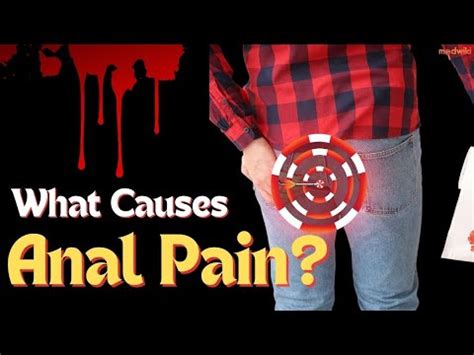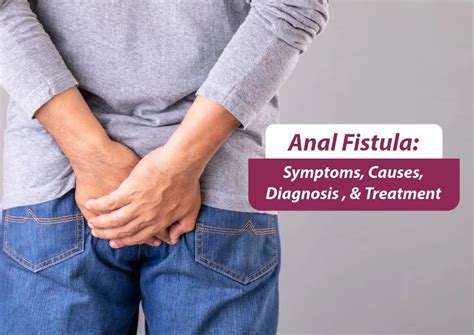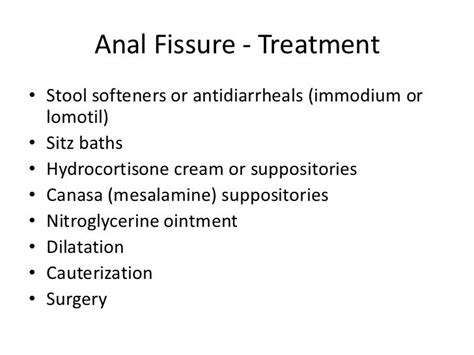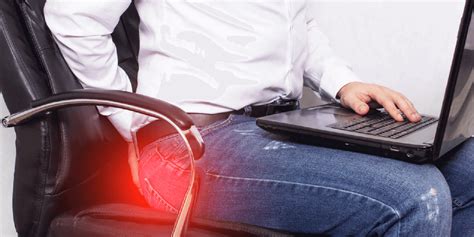Intro
Discover common anal pain causes, symptoms, and treatment options for conditions like hemorrhoids, anal fissures, and prostatitis, and learn to manage discomfort with expert advice on anal health and wellness.
Pain in the anal region can be a source of significant discomfort and distress for many individuals. The anal area is a complex region, with numerous nerves, muscles, and blood vessels that can be affected by various conditions. Understanding the causes and symptoms of anal pain is essential for seeking proper medical attention and finding effective relief. Anal pain can range from mild to severe and may be accompanied by other symptoms such as bleeding, itching, or discharge. It is crucial to recognize the signs and seek medical help to prevent complications and improve quality of life.
The prevalence of anal pain is more common than one might think, affecting people of all ages and backgrounds. It can be caused by a variety of factors, including anal fissures, hemorrhoids, proctitis, and anal abscesses. In some cases, anal pain may be a symptom of a more serious underlying condition, such as inflammatory bowel disease or cancer. Therefore, it is vital to consult a healthcare professional for a proper diagnosis and treatment plan. By understanding the causes and symptoms of anal pain, individuals can take the first step towards seeking relief and improving their overall well-being.
Anal pain can significantly impact daily life, making everyday activities such as sitting, walking, or having a bowel movement extremely uncomfortable. The emotional and psychological toll of anal pain should not be underestimated, as it can lead to feelings of embarrassment, anxiety, and depression. However, with the right medical attention and support, individuals can find relief and learn to manage their symptoms effectively. In this article, we will delve into the causes and symptoms of anal pain, exploring the various conditions that can affect the anal region and discussing the best course of action for seeking medical help.
Causes of Anal Pain

Anal Fissures
Anal fissures are a common cause of anal pain, particularly during bowel movements. They can be caused by constipation, diarrhea, or anal sex. The symptoms of anal fissures include severe pain during and after bowel movements, bleeding, and itching. Treatment for anal fissures typically involves increasing fiber intake, staying hydrated, and using topical creams or ointments to promote healing. In some cases, surgery may be necessary to repair the fissure.Hemorrhoids
Hemorrhoids are another common cause of anal pain, affecting millions of people worldwide. They can be internal or external, with internal hemorrhoids forming inside the rectum and external hemorrhoids forming under the skin around the anus. The symptoms of hemorrhoids include itching, discomfort, and bleeding during bowel movements. Treatment for hemorrhoids typically involves increasing fiber intake, staying hydrated, and using topical creams or ointments to reduce swelling. In some cases, surgery may be necessary to remove the hemorrhoid.Symptoms of Anal Pain

Pain During Bowel Movements
Pain during bowel movements is a common symptom of anal pain, particularly for individuals with anal fissures or hemorrhoids. The pain can range from mild to severe and may be accompanied by bleeding or itching. Treatment for pain during bowel movements typically involves increasing fiber intake, staying hydrated, and using topical creams or ointments to promote healing.Bleeding
Bleeding is another common symptom of anal pain, particularly for individuals with hemorrhoids or anal fissures. The bleeding can range from mild to severe and may be accompanied by pain or itching. Treatment for bleeding typically involves increasing fiber intake, staying hydrated, and using topical creams or ointments to reduce swelling.Treatment Options for Anal Pain

Increasing Fiber Intake
Increasing fiber intake is a common treatment option for anal pain, particularly for individuals with constipation or hemorrhoids. A high-fiber diet can help promote regular bowel movements, reduce straining, and prevent bleeding. Foods high in fiber include fruits, vegetables, whole grains, and legumes.Staying Hydrated
Staying hydrated is essential for preventing and managing anal pain. Drinking plenty of water can help soften stool, reduce straining, and prevent constipation. Aim to drink at least eight glasses of water per day, and avoid caffeinated or carbonated beverages that can irritate the anal region.Prevention of Anal Pain

Practicing Good Hygiene
Practicing good hygiene is essential for preventing anal pain. Keep the anal region clean and dry, avoiding harsh soaps or cleansers that can irritate the skin. Wear breathable clothing, such as cotton underwear, to prevent moisture buildup and reduce the risk of infection.Avoiding Irritants
Avoiding irritants is another common prevention strategy for anal pain. Avoid using scented soaps, perfumes, or dyes that can irritate the skin. Avoid eating spicy or acidic foods that can irritate the anal region. Avoid engaging in activities that can cause straining or pressure on the anal region, such as heavy lifting or anal sex.Conclusion and Next Steps

We invite you to share your thoughts and experiences with anal pain in the comments below. Have you or someone you know struggled with anal pain? What treatments or prevention strategies have you found effective? Share your story and help others understand the importance of seeking medical attention for anal pain.
What are the most common causes of anal pain?
+The most common causes of anal pain include anal fissures, hemorrhoids, proctitis, and anal abscesses.
How can I prevent anal pain?
+Preventing anal pain involves practicing good hygiene, avoiding irritants, and managing stress. Keep the anal region clean and dry, avoid using harsh soaps or cleansers, and wear breathable clothing.
What are the symptoms of anal fissures?
+The symptoms of anal fissures include severe pain during and after bowel movements, bleeding, and itching.
